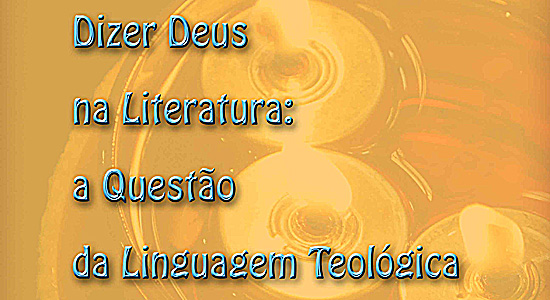Identidade do mal em Húmus: dialética entre ser e não-ser
DOI:
https://doi.org/10.19143/2236-9937.2016v1n2p144-160Resumo
Na prosa lírica de Húmus, obra prima do escritor português Raul Germano Brandão, a realidade do mundo é absurda e a vida, acabando na morte, remete para o nada e vale apenas pelo sonho. O sofrimento, a dor, e a morte são fatores determinantes aos quais é impossível fugir. O narrador-personagem questiona, mas a solidão persiste e o Absoluto fecha-se no silêncio. Oscilando entre ser e não-ser, o sujeito não obtém respostas conclusivas para o drama de sua própria finitude. A personagem-narrador não aceita a ideia de sua própria desintegração. Húmus pretende ver o homem na sua totalidade, no seu absoluto: não somente o homem natural, mas sobretudo o homem abstrato e metafísico.Palavras-chave: romance lírico; metafísica; mal.
Downloads
Publicado
2011-12-15
Como Citar
Tofalini, L. A. B. (2011). Identidade do mal em Húmus: dialética entre ser e não-ser. TEOLITERARIA - Revista De Literaturas E Teologias, 1(2), 144–160. https://doi.org/10.19143/2236-9937.2016v1n2p144-160
Edição
Seção
Artigos
Licença
A TeoLiterária – Revista de Literaturas e Teologias é detentora dos direitos autorais de todos os artigos publicados por ela. A reprodução total dos textos em outras publicações, ou para qualquer outro fim, por quaisquer meios, requer autorização por escrito do editor. Reproduções parciais de artigos (resumo, abstract, mais de 500 palavras de texto, tabelas, figuras e outras ilustrações) deverão ter permissão por escrito do editor e dos autores.



